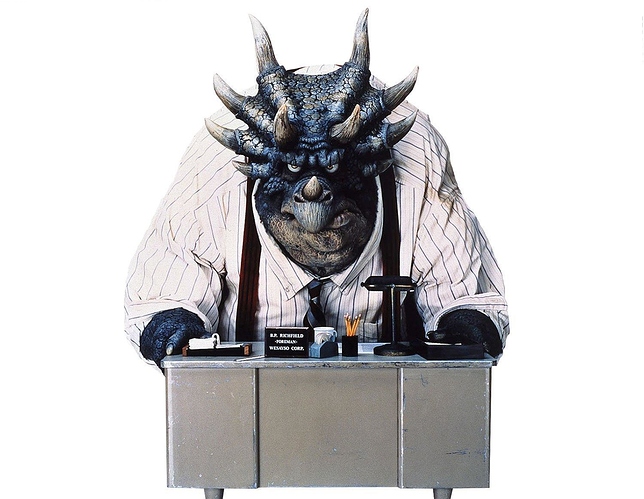Often young and enthusiastic doctoral students want to model energy systems openly, but are blocked by their bosses, who are used to the closed source way of doing things. So let’s write a howto guide for them, including all the good points about open modelling, and how to answer points your closed-source-minded boss will make, such as:
- But our existing model’s terribly documented, nobody else will know how to use it. (Answer: Write good documentation, it’s also important for your own employees.)
- But we’ve sunk 1000 person-years into our model, why should we give it away? (Answer: Because it’s good for transparency, it was funded by the public, it will save 1000 more person-years if we all cooperate more.)
- Our code is a mess, we need to tidy it up first. (Answer: Other experts can help clean up your code; you’re going to want to have clean code anyway, it’s better for maintenance and finding errors.)
- But we don’t want to have to support user questions. (Answer: You don’t have to, but you’ll probably benefit from them finding bugs and making suggestions.)
- We have no idea who contributed what. (Answer: In some countries irrelevant, because the institution owns the copyright.)
- If we make it open, commercial companies will profit from all our work. (Answer: Great! Next time you do a funding application, you can justify your work by the boost to the economy it has given.)
- If we make it open, how will we get funding for future projects if everyone else can just steal our model? (Answer: Funding bodies will always prefer to give money to the main originators of a software tool; having open projects means people are more likely to be aware of you and want to form consortia with you (back this up with examples).)
- Our model contains industry secrets / industry will never work with us again. (Answer: You can selectively open up the model and keep parts closed; Industry is increasingly interested in open tools (back this up with examples).)
UPDATE: We’re using a Google Doc for collaborative editing; we’ll migrate this to the Openmod Wiki afterwards.
7 Likes
Nothing to add to this long list of arguments right now. But i had to remember this old TV show Dinosaurs and this grumpy boss.
source: https://www.moviepilot.de/serie/die-dinos/bilder
2 Likes
Great list, Tom.
“(Answer: In some countries irrelevant, because the institution owns the copyright.)” - Jeah, but institution usually does not equal your dinosaur boss, so can he even decide?
Hi @tom_brown As others have noted, an excellent jumping off point. It might be useful to formalize the FAQ format, was that your intention anyway? Regarding content: I can help with the copyright issues, because all copyright holders, including institutional holders, will need to agree (under US law at least, that means reasonable but not exhaustive efforts to locate the entities involved). Which leads to the to matter of internationalizing this advice: should it be European-based or Europe + US or generic?
Regarding poor documentation, I would reply: “doesn’t matter, your new users will readily write documentation to suit their needs and to contribute more generally”. Regarding commercial exploitation: “that depends somewhat on the license you choose: an MIT license will enable such exploitation, GPLv3 will mean that your source code, but not the ideas contained therein, are protected”. Maybe “industry secrets” to “trade secrets from your industrial partners”. And some new FAQs, perhaps with greater emphasis on the up-sides:
-
What about patents? : It is unlikely that your abstract energy model would contain patentable subject matter. Moreover, software patents in Europe are rare. But you should contact your TTO (technology transfer office) or legal department for review.
-
Will my closed model survive being closed? : We don’t know. But there is growing pressure for transparency and reproducibility, particularly for models being used to inform public policy"
-
How might my project benefit?: (best if we can list some “going open” success stories here, maybe UKTM and MESSAGEix in due course)
-
Do I need an institutional open science policy first? : Not strictly. But some institutions are now developing open access and open science policies. Whether you wait for this process to complete or decide to trail-blaze depends on the context
-
Do I need to also release my datasets? : No. But many projects choose to publish at least a base case scenario so users can get started.
The more that this document is backed up with real cases and, where appropriate, proper references, the better. Should this migrate to GitHub as markdown or Overleaf as LaTeX? (I have a private account on the latter) HTH Robbie
1 Like
